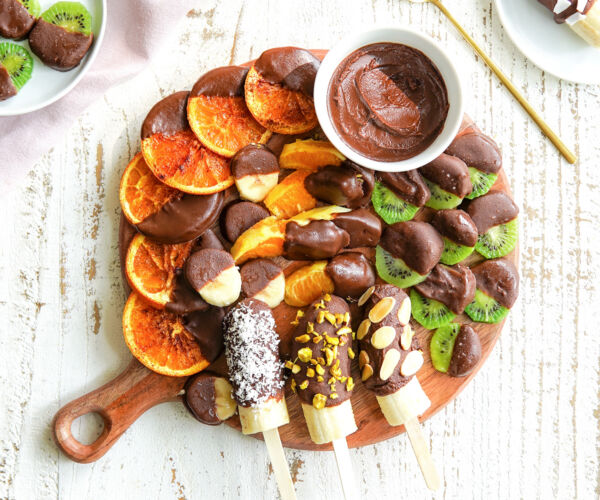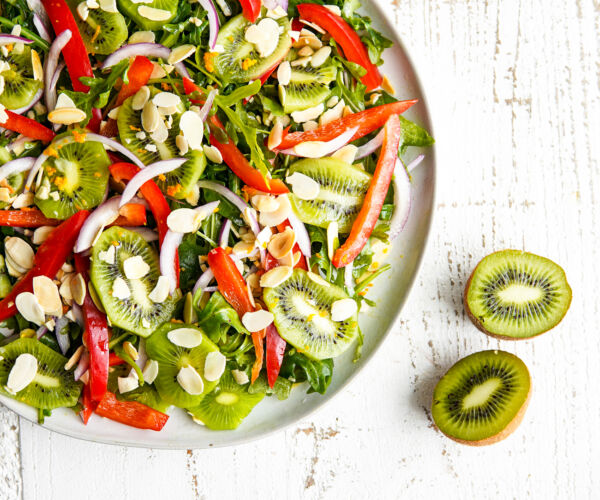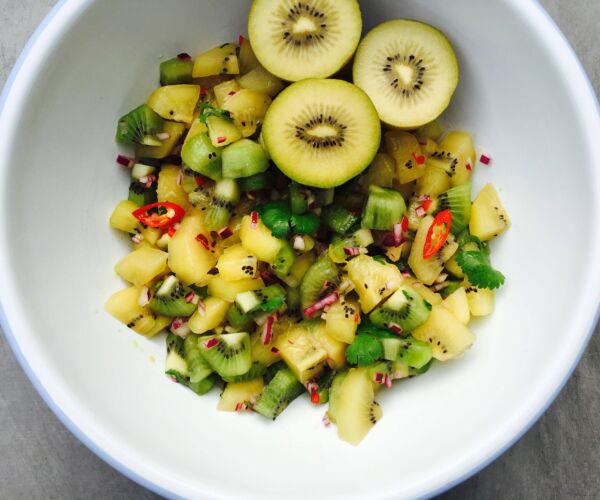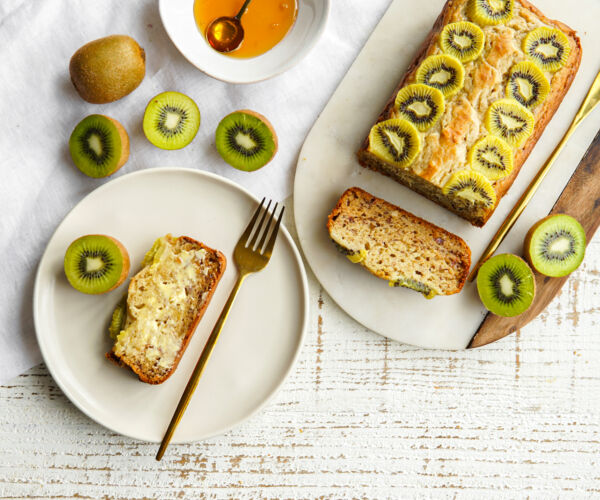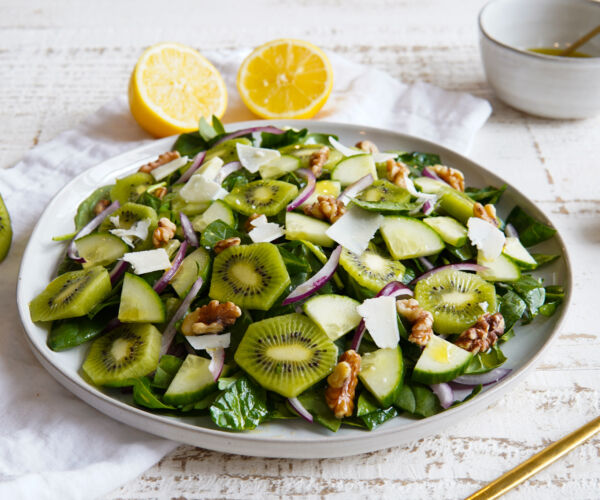Kiwifruit - Gold
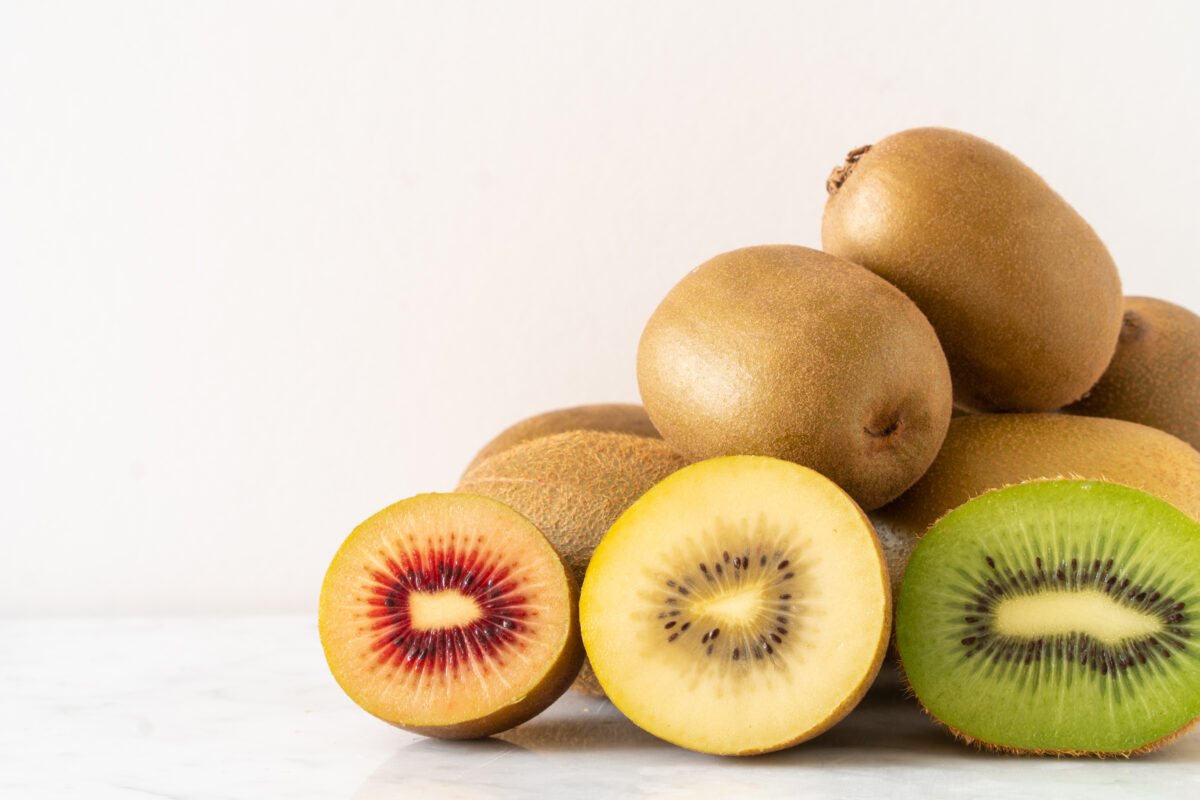
Kiwifruit/Huakiwi
Availability
The gold kiwifruit season in New Zealand is from April to October.
Storage and Handling
Ripen at room temperature then store in the refrigerator. Handle all fresh produce with care and wash before eating.
History
The kiwifruit is native to China. The seeds were introduced to New Zealand by Isabel Fraser in 1904. In the 1960s New Zealand began growing kiwifruit commercially.
In the 1970s, NZ kiwifruit growers experimented with a natural development of a golden kiwifruit whose seeds were imported from China.
Facts
- Gold kiwifruit is sweeter and do not have the same tang as green kiwifruit
- Kiwifruit were called “Chinese Gooseberries” until the 1960s
- The main variety of kiwifruit grown in New Zealand is the Hayward
- The skin of kiwifruit is edible
- Kiwifruit are a good source of Vitamin C
Growing Facts
- Kiwifruit is grown on sturdy support structures in temperate areas with a warm summer
- The Bay of Plenty produces much of New Zealand’s kiwifruit
- Kiwifruit plants are either male or female, and bees are used to pollinate the plants
- Only the female plants bear fruit
Nutrition Information
Kiwifruit – Gold are a good source of folate and vitamin C and a source of potassium and vitamin B6.
You will find the full Nutrition Information Panel on the New Zealand Food Composition Data website. This website is owned jointly by Plant & Food Research and the Manatū Hauora Ministry of Health. This website holds the most comprehensive collection of high-quality nutrient data for New Zealand foods. The Database is managed and maintained by dedicated Plant & Food Research staff.

